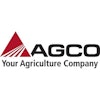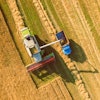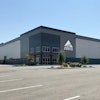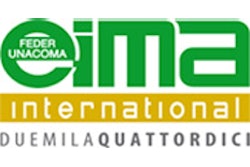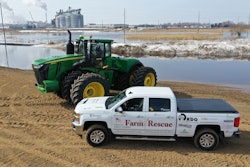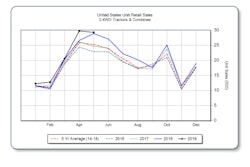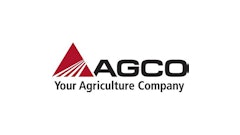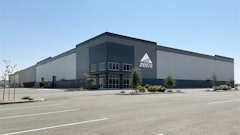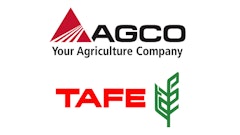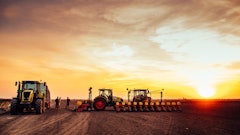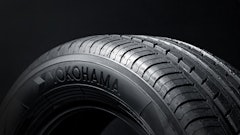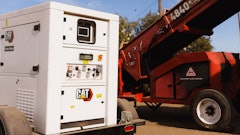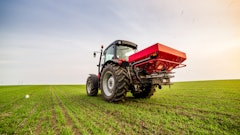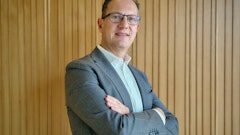EIMA of Bologna beats the SIMA of Paris in terms of internationality, the ability to generate business, the quality of exhibitors and visitors, the cost/benefit ratio and even logistics. This was revealed by a survey carried out by GRS - a specialized company that carries out international socio-economic and market research in the exhibition sector - presented in Varignana (BO) during the annual FederUnacoma Assembly.
The comparative research, which was conducted on a very large sample comprising numerous companies exhibiting in the most important international trade fairs, including EIMA and SIMA, and a large number of operators and visitors who attend both shows, uses specific models for evaluating fair performances. On the evaluation scale adopted for the research, the international level of the French exhibition is evaluated 6.1, where EIMA gets 7.3, and the quality of the exhibitors sees the SIMA at 6.3 while the EIMA stands at 7.4.
"Based on the collected data, none of the parameters measured by the survey see SIMA perceived as more competitive than the Bologna event," explains Alessandro Cravidi, research coordinator "and this is unusual when comparing events of great tradition such as the two agricultural machinery events that should each have their own strengths."
There is a particularly interesting clustering which shows a very marked qualitative difference between the two exhibitions. Dividing the operators into the two fundamental categories of "faithful" and "unfaithful", and of "dissatisfied" and "satisfied", the survey proposes a quadrant scheme within which to place the operators. In the SIMA sphere, "mercenaries", that is to say not particularly tied to the fair and willing to invest in different events, stand at almost 35.6%, compared to 64.4% of operators who are loyal. The performance of EIMA is much better, with a percentage of "unfaithful" drops to just 5.7%, while that of the "faithful" stands at 94.3%, an extraordinarily high share for the trade fair scene.
Analyzing in particular the segment of the "faithful" participating in EIMA, the GRS survey proposes a further subdivision between those that are defined as "hostages" and those defined as "apostles or promoters."
"In the first case," explains Cravidi "these are operators whose loyalty is determined by the awareness that participation in the event is necessary and that based on market logic one must in any case attend it, while in the second case these are operators who see participation as a positive choice, and are eager to be present regardless of the competitive logic, even promoting the event among other operators (hence the definition of "apostles")."
In the case of EIMA, the category of "apostles or promoters" includes 86.2% of the operators, a number that reflects the considerable reputation capital of this exhibition, and that places it at a very high level in the sector's global scene. The GRS survey is not limited to the comparison between EIMA and SIMA, but extends to all the major agricultural machinery exhibitions, including Agritechnica of Hannover. Very encouraging feedback was also received on this front, where the Italian exhibitions is essentially on par with the German one on almost all the qualitative parameters.
